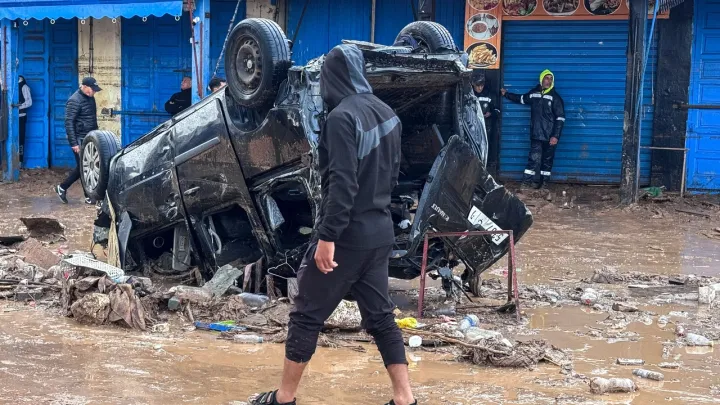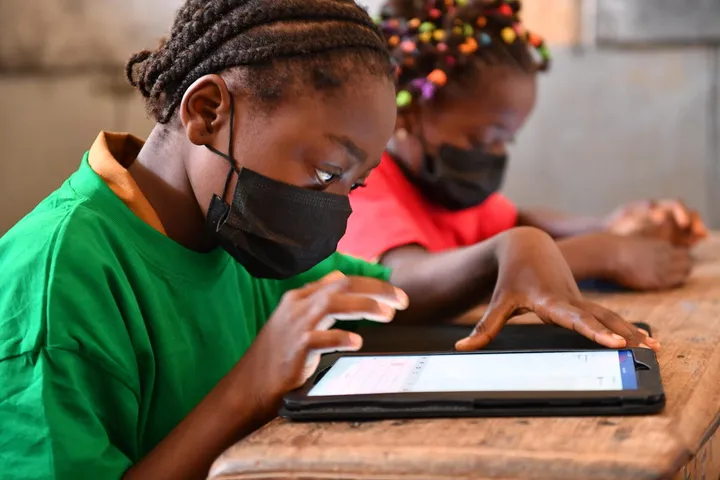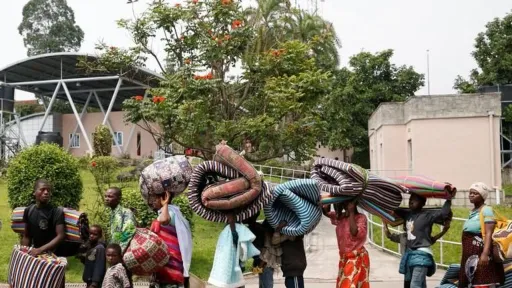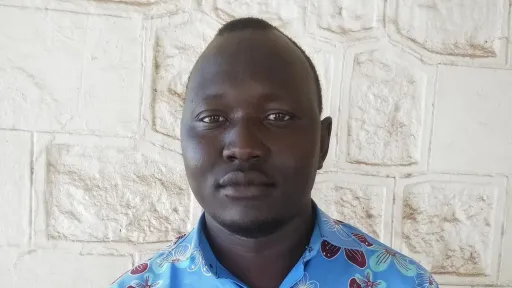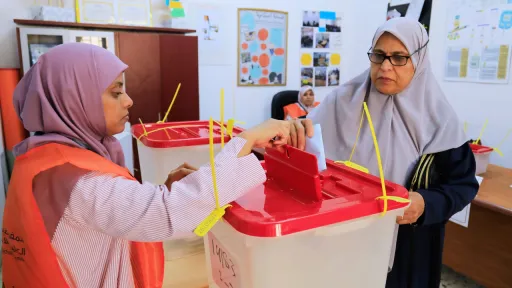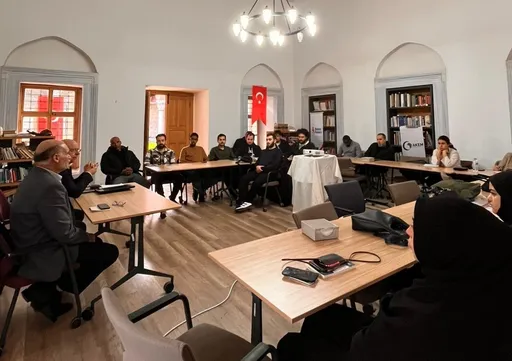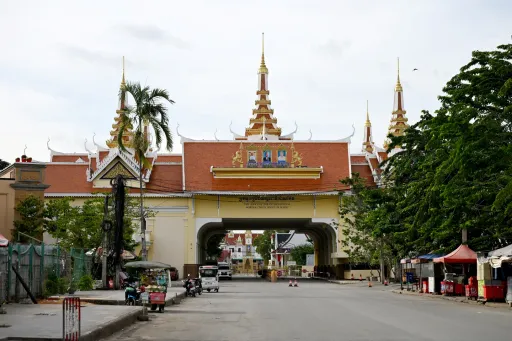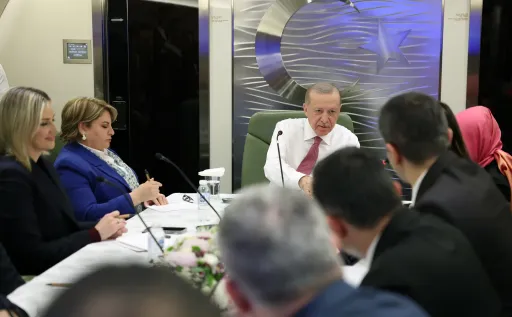By Brian Okoth
The Egyptian government has said it will import 170,000 cattle and sheep for Eid al-Adha celebrations, which will take place between June 28 and July 1.
The Ministry of Agriculture and Land Reclamation said on Monday that the importation would help address meat shortage in the country.
The animals to be imported are 150,000 calves and 20,000 sheep.
Forty-five thousand of the calves will be slaughtered immediately, while the remaining 105,000 will be fattened, the ministry said.
Agriculture Minister Al-Said Al-Qusair said the government aims to provide meat at sufficient prices amid shortage in the local market.
The ministry said during Eid al-Adha celebrations, the government will offer slaughtering services free of charge.
“The free slaughtering services will be under the integrated veterinary supervision in order to reduce the phenomenon of slaughtering in the streets and preserve the environment,” the Agriculture ministry said.
To address the scarcity in the long term, Al-Qusair said the State will release more fodder for cattle and poultry to lower their prices in the market.
Though the ministry did not reveal which markets it will source the meat from, Egypt has in the past sourced its meet from Sudan, and extended the procurement to Somalia and Chad.
With the ongoing war in Sudan, the meat trade between the two nations has been significantly affected.
The prices of meat have risen sharply in Egypt, with sector players attributing the hike to low supplies of fodder and high import costs.
The head of butchers’ division at the Cairo Chamber of Commerce, Mohamed Wahba, said earlier May that if fodder costs don’t reduce soon, then the prices of meat would continue to remain high in the country.
Meat is staple in the Egyptian diet, and is a major contributor to the country's economy.
Eid-al-Adha festival remembers Prophet Ibrahim's willingness to sacrifice his son when God ordered him to.
Also known as the Feast of Sacrifice, Eid-al-Adha is celebrated by Muslims all over the world as a major holiday for a period of three to four days.
It involves slaughtering animals and sharing the meat with family, friends and the poor in society.

